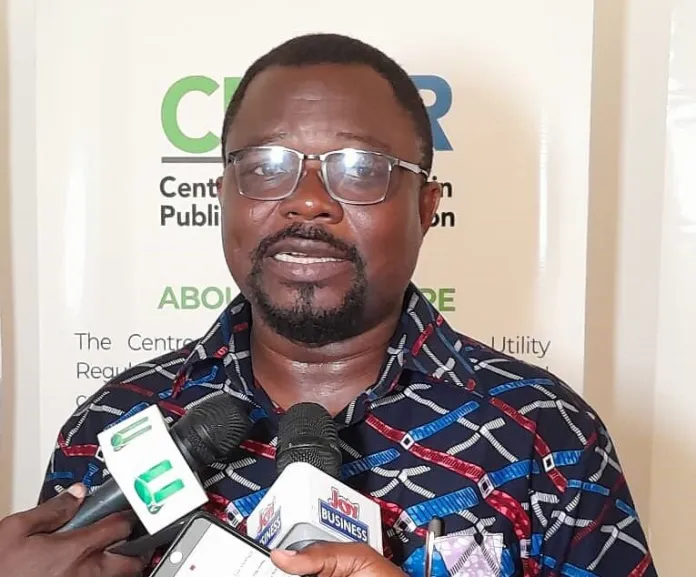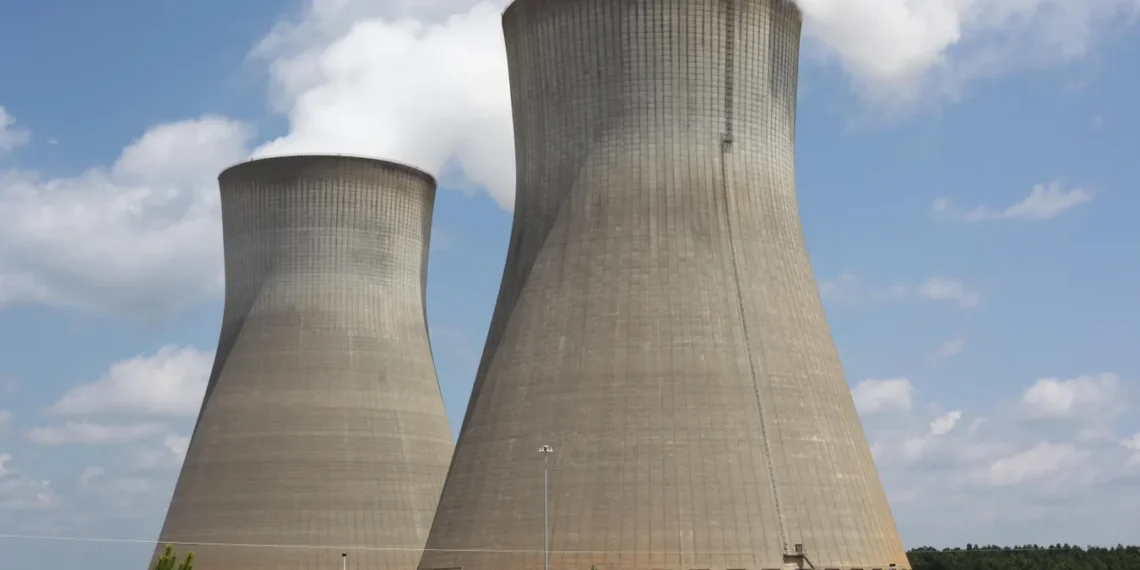Clean, cheap, and sustainable energy is undoubtedly a requisite for economic growth.
In the quest for clean and affordable energy, nuclear power stands out as a formidable contender, thanks to its high energy density compared to alternatives like wind and solar.
However, its potential has been overshadowed by a series of public relations setbacks and high-profile disasters, such as Fukushima, which have fueled widespread fear and misunderstanding about nuclear technology.
Nuclear energy, despite its vast potential to drive economic growth and provide a stable supply of low-carbon power, suffers from a problematic image.
The catastrophic events at Fukushima in 2011 reignited global concerns about the safety of nuclear reactors.
The disaster led to a wave of nuclear scare rallies and a significant shift in energy policies. Germany, for instance, decided to phase out its nuclear plants, opting to shut down its reactors and pivot towards other energy sources.
Compounding these fears is the public’s association of nuclear energy with nuclear bombs. This link, though technically unfounded, has deeply ingrained a sense of dread and resistance towards nuclear power.
The stark difference between nuclear reactors, designed for energy production, and nuclear weapons, designed for destruction, often gets lost in public discourse.
Another challenge facing the nuclear industry is the lengthy construction period for traditional nuclear power plants. Typically, these projects can take over a decade to complete, making them a less attractive option in a world that urgently needs new energy solutions.
However, technological advancements in the form of small modular nuclear reactors (SMRs) are beginning to change this landscape.
These innovative reactors offer a promising solution to the drawbacks of traditional nuclear power.
SMRs can be manufactured in a factory setting and transported to their installation site, significantly reducing construction times to mere weeks.
This rapid deployment capability is a game-changer, potentially allowing for quicker responses to energy demands.
Moreover, the mobility of SMRs provides a distinct advantage. They can be relocated to areas with the greatest need without the significant investment required to build new transmission infrastructure.
This flexibility not only saves costs but also ensures that power can be supplied to remote or underserved regions, enhancing energy accessibility and reliability.
Ghana’s Nuclear Energy Drive
In recent developments, a report indicates that by December 2024, the Ghanaian government will select an energy firm to undertake a nuclear power project.
According to the Deputy Director for Power in charge of Nuclear and Alternative Energy, Robert Sogbadji, “Cabinet will approve the final choice. It can be one vendor or two nations; it will depend on the financial model and the technical details.”

France’s EDF, US-based NuScale Power, Regnum Technology Group, China National Nuclear Corporation, South Korea’s Kepco and its subsidiary Korea Hydro Nuclear Power Corporation, as well as Russia’s ROSATOM, are all competing for the contract to build Ghana’s first nuclear power plant over the next decade.
Sogbadji mentioned that some 16 countries and companies responded to the government’s request for vendors, but a technical team led by state agencies within the Energy Ministry shortlisted the current five nations.
Ghana’s nuclear power plant aspirations originated in the early 1960s, but a series of coups d’état disrupting the country’s democracy caused the plans to be put on hold.
The severe power crisis of 2006 spurred the resumption of the plan with support from the International Atomic Energy Association.
While Ghana’s nuclear agenda is a step in the right direction, it should opt for SMRs instead of traditional nuclear plants, which take long to build and can become targets in times of war, as seen with Russia seizing Ukraine’s Zaporizhzhia plant.
SMRs decentralize energy infrastructure, reduce risk, and are quicker to install. This can help solve the current power crisis affecting businesses in the country, providing a more secure and efficient energy solution.
READ ALSO: Media Personality Quizzes Benefits of Stevie’s Relocation To Ghana



















